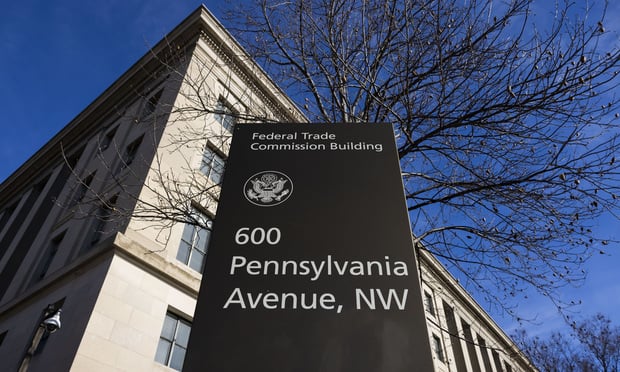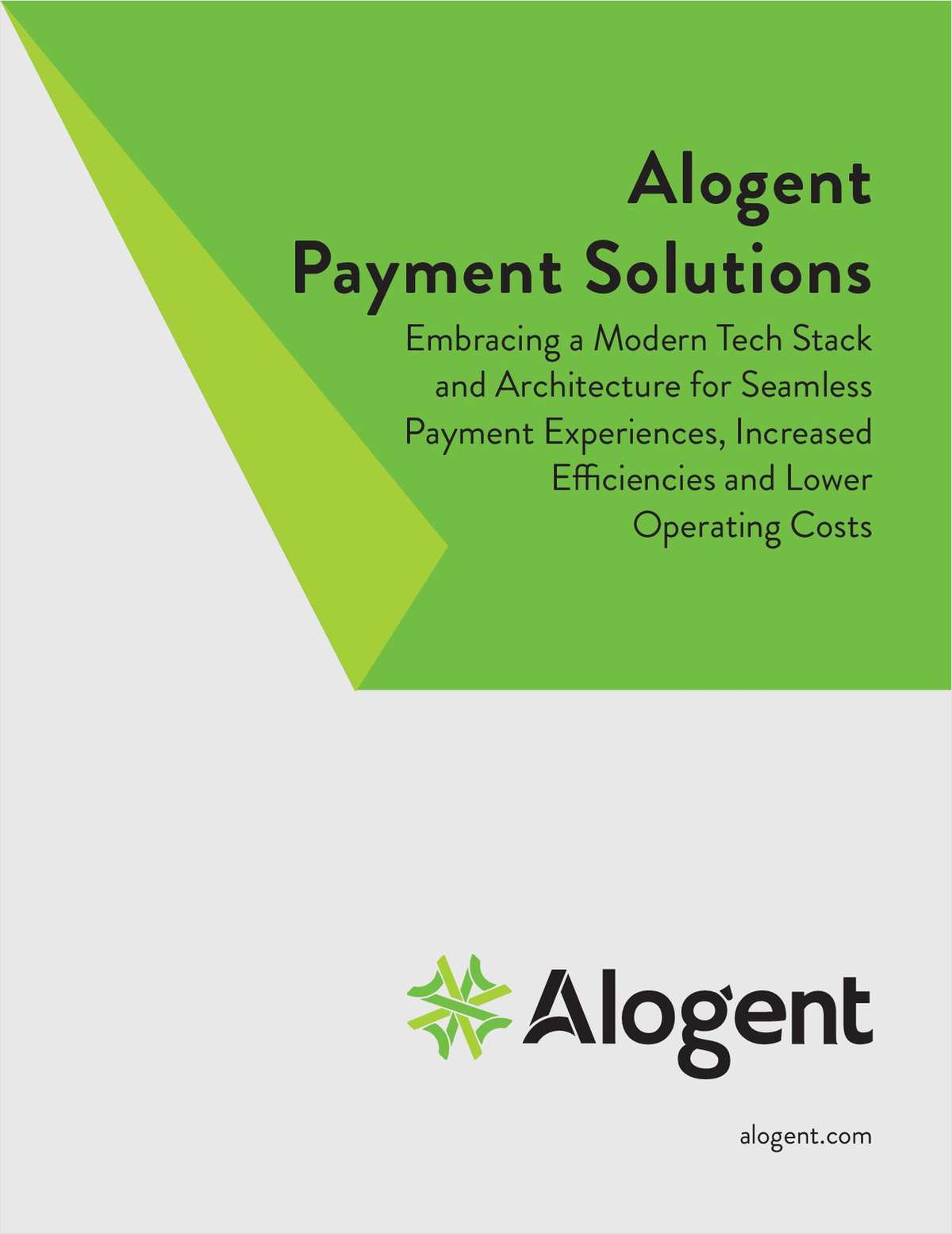Desperate times call for desperate measures, the saying goes.
So it's not surprising that fraud in the workplace increased during the economic crisis and recession. The median loss tied to occupational fraud is $160,000, according to the Association of Certified Fraud Examiners' 2010 report, so the issue is something about which many companies are rightfully concerned. Small businesses are especially vulnerable, the ACFE says.
Fraud typically occurs when someone has an incentive, such as financial pressure, and opportunity, according to Michele Edwards, who heads the fraud prevention and detection practice of PRGX, a Chicago-based audit, analytics and advisory services firm. The recession certainly meant many people faced new financial pressures.
Previous studies have shown that it typically takes two years from the time fraud begins to the time someone identifies it might be going on, Edwards said. As a result, while some companies have already discovered fraud born of the recession, many more are likely to uncover problems in upcoming years. “I think there's more fraud going on than anyone knows about,” she said.
Periods of sudden growth, such as when demand for a company's goods or services starts picking up quickly, can also open the door to fraud. Workers may be scrambling to keep up with more work, giving them less time to monitor employees, expenses and inventory.
Edwards said new markets or new partners tied to growth efforts can also potentially expose businesses to corrupt third parties.
Fraud can pad your selling, general and administrative expenses or inflate your cost of sales. Here are five ways to fight fraud in your business:
1. Confirm who's doing fraud control. “Do a quick and dirty assessment of fraud control,” Edwards says. “One of the questions I always ask [clients] is, 'What are your responsibilities for fraud and misconduct management?' If nobody has responsibility across a senior level, they have to establish some kind of roles and responsibilities.” It can be a working group, but someone needs to quickly identify areas that may need action.
2. Screen and monitor those who touch or track money. Background checks are a must for accounting workers, and division of labor is also a good idea, especially for things like who gets the mail and who deposits checks. You never want one person to have sole access or control over the financial system. It's also important to make sure each worker takes vacations. Employees who are involved in fraud will be hesitant to take time off, because they won't want others looking over their work, and potentially noticing irregularities, in their absence.
3. Conduct basic fraud-awareness training. It can be as simple as getting employees together and explaining that fraud can occur in any organization and describing what they need to know and how they can speak up if they see something unusual. “It's Awareness 101, and it lets employees know that you're watching,” Edwards says. “It serves as a detection element in and of itself.”
4. Periodically remind employees to be vigilant. Edwards says how you do that depends on your company's culture. But it could be as simple as emailing the staff a news article about a recent case of occupational fraud. You could say something like, “This recently happened to a competitor. It's a great time to remind everyone here that you are responsible for preventing and detecting fraud.”
5. Watch non-core vendors. PRGX recently found that one client who had gone through a hiring phase ended up paying hundreds of thousands of dollars to a completely fictitious vendor with a P.O. Box address in India. Also be aware that new employees might not be as knowledgeable about what fraud looks like, so if they get an invoice, they will pay it without as much scrutiny as a more experienced employee.
Mary Ellen Biery is a research specialist at Sageworks Inc. in Raleigh, N.C.
Complete your profile to continue reading and get FREE access to CUTimes.com, part of your ALM digital membership.
Your access to unlimited CUTimes.com content isn’t changing.
Once you are an ALM digital member, you’ll receive:
- Breaking credit union news and analysis, on-site and via our newsletters and custom alerts
- Weekly Shared Accounts podcast featuring exclusive interviews with industry leaders
- Educational webcasts, white papers, and ebooks from industry thought leaders
- Critical coverage of the commercial real estate and financial advisory markets on our other ALM sites, GlobeSt.com and ThinkAdvisor.com
Already have an account? Sign In Now
© 2024 ALM Global, LLC, All Rights Reserved. Request academic re-use from www.copyright.com. All other uses, submit a request to [email protected]. For more information visit Asset & Logo Licensing.









